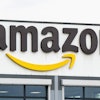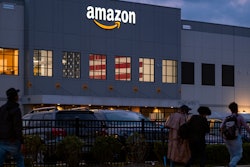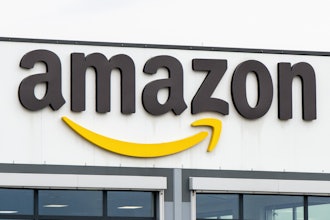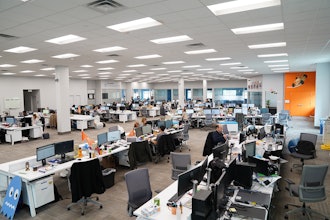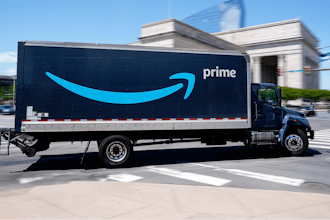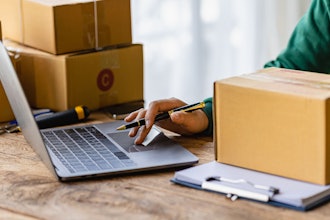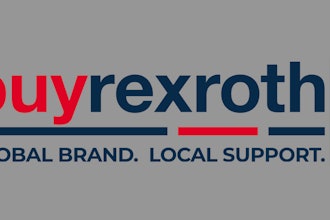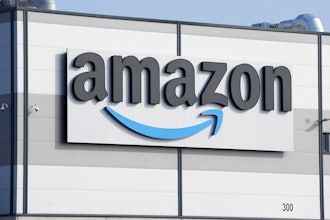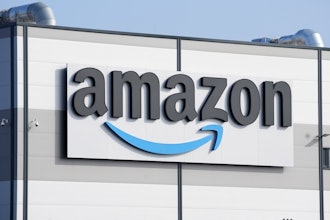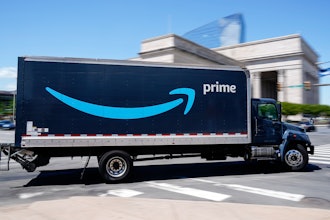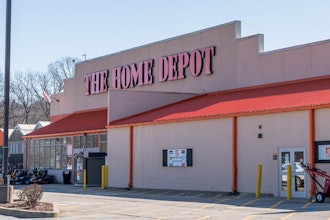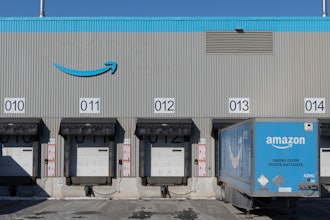
TradeSafe views itself as a “David” in a market full of “Goliaths.”
The company, a supplier of safety products with a specialty in lockout/tagout, was established in 2018, with a mission to shorten the typical supply chain on safety supplies by bringing its products directly to buyers. Founder Sean Hennessy says the company has plans to venture into new safety sub-categories like eye wash stations, signs, spill kits and absorbent supplies, but TradeSafe is determined to do so in a very specific way: via a simple yet robust e-commerce site, free two-day shipping, no-hassle returns and a customer service model that follows an old adage: “the customer is always right.”
We sat down with Hennessy to discuss TradeSafe’s approach to the safety market, and why he believes distributors are getting customer service all wrong.
Industrial Distribution: Tell us why you characterize TradeSafe as a ‘David versus Goliath’ type story.
Sean Hennessy: Our competitors are all big national or multinational publicly traded companies. We’re a privately owned, independent, small company that’s based in Nevada. In my past experience, these very large corporations allow you to exist so long as you’re not taking too much market share and you’re not becoming a threat. And then when you do, they can quickly become bullies.
The competitors in this category are longstanding, established and deeply entrenched within the distribution channels. So, they have a foothold that’s difficult to go around. These large companies have these channels to distribute their products and to get their products into the facilities. We’re a direct-to-business model, so we’re not relying on those (established) relationships, that sometimes can be well deserved and other times maybe not so much. We’ve circumvented that, providing our products directly, online, with an easy process.
ID: You’ve said your reason for circumventing that process is because you feel that the customer service and sales strategy is lacking in some of these companies. Why do you feel that way? In speaking with distributors, they often tout their customer service as critically important.
SH: I think if you talk to the purchasing agents, the people working in the facilities that deal with suppliers, they’ll give you a different story — and it’s been exacerbated by COVID. First of all, it is generally an archaic system. The way that the ordering is done… there are all these different touch points and contacts. I think the customer, in general, is too often taken for granted and we have taken a different approach.
It’s very important to me and our whole team that the customer is always right. That’s what I grew up believing. We do everything we possibly can to make their process easy, streamlined and we’re available to them directly. In general, there’s a manufacturer: the brand. Then there’s the distributor, or the company where they’re being purchased from. So, in order to get real service on the brand or the product, you’re going through an additional step. We’ve eliminated that. So they’re direct to us. We can immediately help if there’s a problem.
ID: Do you feel that distributors that are taking the approach of one-stop-shop are becoming so broad that they don’t have the know-how to really service these customers effectively?
SH: I think that’s an efficient model — being able to offer multiple collections of products. But you can’t have expertise on staff to help, especially with safety supplies. So I think that is a challenge. Generally I think, now especially, that the customers have been taken for granted because there’s a supply and demand imbalance. And, if you call a number, you’re lucky to be able to talk to someone. And if you do, it’s sort of like they’re doing you a favor. I don’t believe that to be true just in our industry, but I think it isn’t good. Our industry, in my opinion, did one of the poorest jobs in providing good support and good, positive experience to begin with.
And then once COVID happened, that’s added pressure and made it even worse. Our drive is to provide a great experience and that has to do with every part of our business. So, if the customer has a problem with something, we want to be there and be accessible to them.
ID: It does seem like the recent imbalance has created a strange situation, with sellers having to turn people away, or change people’s direction on what they can get. I don’t know if the suppliers are managing that effectively or not…
SH: In my opinion, it’s created a lot of arrogance and those days don’t last forever. And they’ll be remembered. Maybe it’s because we’re still small enough that those kinds of things can be important to us, but as long as we’re in operation, they’re going to continue to be important — and every customer is important. We want to do everything we can to leave a great impression and create a great experience… because we are the underdog and we have to prove ourselves. It’s just not acceptable to me to have somebody with an issue have to wait for half an hour, or even five minutes, to interact with someone.
And that person responding needs to be kind, they need to be sympathetic to the situation regardless of whether they’re right or wrong. We need to do everything we can to leave them with a good impression. We’ve known of companies that have done things like that, but they’ve gotten away from it, during and after COVID, where it doesn’t seem to be as important to them anymore. Again, my opinion is it’s an arrogant attitude and it’s not going to be well rewarded when things get back to normal, which they will.
ID: Tell us about the biggest challenges to your business right now.
SH: I think specific to industrial safety supplies in general, challenges are educating some of our potential customers that there is an alternative, and that is a more modern ordering process where you’re not filling out a handwritten PO and there are multiple people talking to each other about an order… getting them to change over to that way of thinking and that way of ordering is a challenge, especially with the larger customers. But I think COVID improved that and it’s gradually improving more, but it still is a challenge for us.
ID: We saw a lot of distributors in particular who didn’t have a very strong emphasis on e-commerce start to make some inroads there during the pandemic. Is that increasing competition for you as some of those companies establish a more robust online presence?
SH: Their version of robust online presence is very archaic compared to other industries. We’re still not where we would like to be. We’re nowhere near where we need to be as far as our presentation. I mean, if you look at a presentation of a Nike shoe versus an eyewash station online, there’s a drastic difference in how much effort they’re putting into that experience. You’re seeing great images in the video and detailed information about the product, or at least information — not too much or too little of what you need in order to make an informed, educated decision on safety products or industrial supplies in general.
I don’t think it’s just safety products… industrials are just not a high tech or a marketing centered industry. So, I don’t think that is a threat to us because, if anything, I think it probably gets other companies more comfortable with that process. And if we can continue to evolve and do better, at all times, then we can stay ahead. And because we don’t have multiple layers of hierarchy and management – we’re still a relatively small company – we’re able to be nimble and adjust quickly, implement new ways of informing our customers and providing them information that they may need in order to decide what’s right for them. If some of these other companies have invested more into their e-commerce presence, I think it expands the market there and our job then is just to do better. I want us to do better in everything.
Sean Hennessy, CEO of TradeSafe, grew up in Wichita, Kansas, where he attended public schools. Sean studied both at Wichita State University and at DePaul University. Sean’s heritage is in manufacturing, working in the family manufacturing business and on local farming operations, until he embarked on his own career concentrating in industrial real estate development and investment and a variety of e-commerce ventures.



